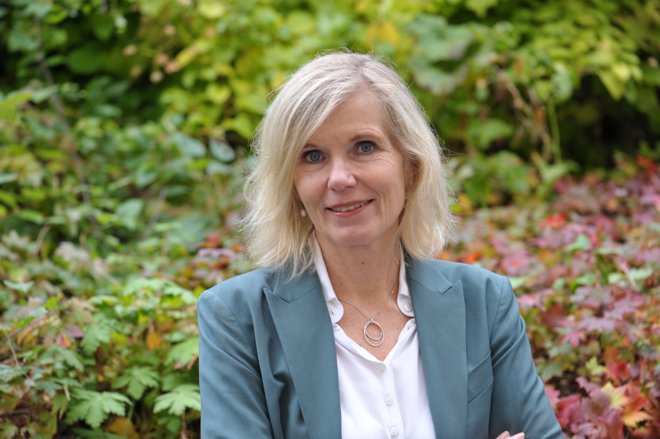Marie Gårdmark: ”Interchangeable biological medicines – soon in a pharmacy near you?”
In a report to the Swedish government in 2017, the Swedish Medical Products Agency assessed that more clinical experience was needed to be able to draw reliable conclusions about how the benefit-risk balance is affected by a switch between an original product and a biosimilar. Consequently, biological products are not considered interchangeable. However, in recent years, the view has changed.
In September 2022, the EMA announced that biological medicines and their biosimilars could be used interchangeably, which has resulted in several EU countries developing policies to enable and encourage switching in their domestic markets.
Biosimilars require more time to gain market share compared to generics
In the US, the FDA recently reported on a systematic review that examined the potential differences in outcomes between individuals who switched between biosimilar and originator products compared to patients who remained on treatment with the originator product. The results showed that switching between biosimilars and their reference products was not associated with a poorer treatment outcome.
A biosimilar can only be placed on the market after the market protection of the originator product has expired, usually 10 and 12 years after the first authorisation in the EU and the US, respectively. As of 15 November 2023, the FDA approved 44 biosimilars of 14 different reference products. The corresponding figure for the EU is 93 approved biosimilars (May 2023), based on 18 different reference biological medicines.
What is the situation in Sweden? In 2023, the Swedish Medical Products Agency was commissioned by the government to re-analyse the scientific support for switches. The agency now concludes that “Based on the information presented in the report, the Medical Products Agency sees no reason to advise against multiple switches”, which indicates that the state of knowledge is different today than in 2017. “Switches” are already used in clinical practice for repeat prescriptions.
But what about the next step, i.e. switching biological medicines in pharmacies? This will also be investigated by the Medical Products Agency and reported in April 2024.
Naturally, the paying side is keen to exert price pressure on biological medicines as well, which an interchangeability system would provide. In Norway and Finland, interchangeable is already permitted for certain pharmacy products. It remains to be seen whether Sweden will also have a interchangeable list for biological products, but it feels like we’re heading in that direction.
Artikeln är en del av vårt tema om News in English.
